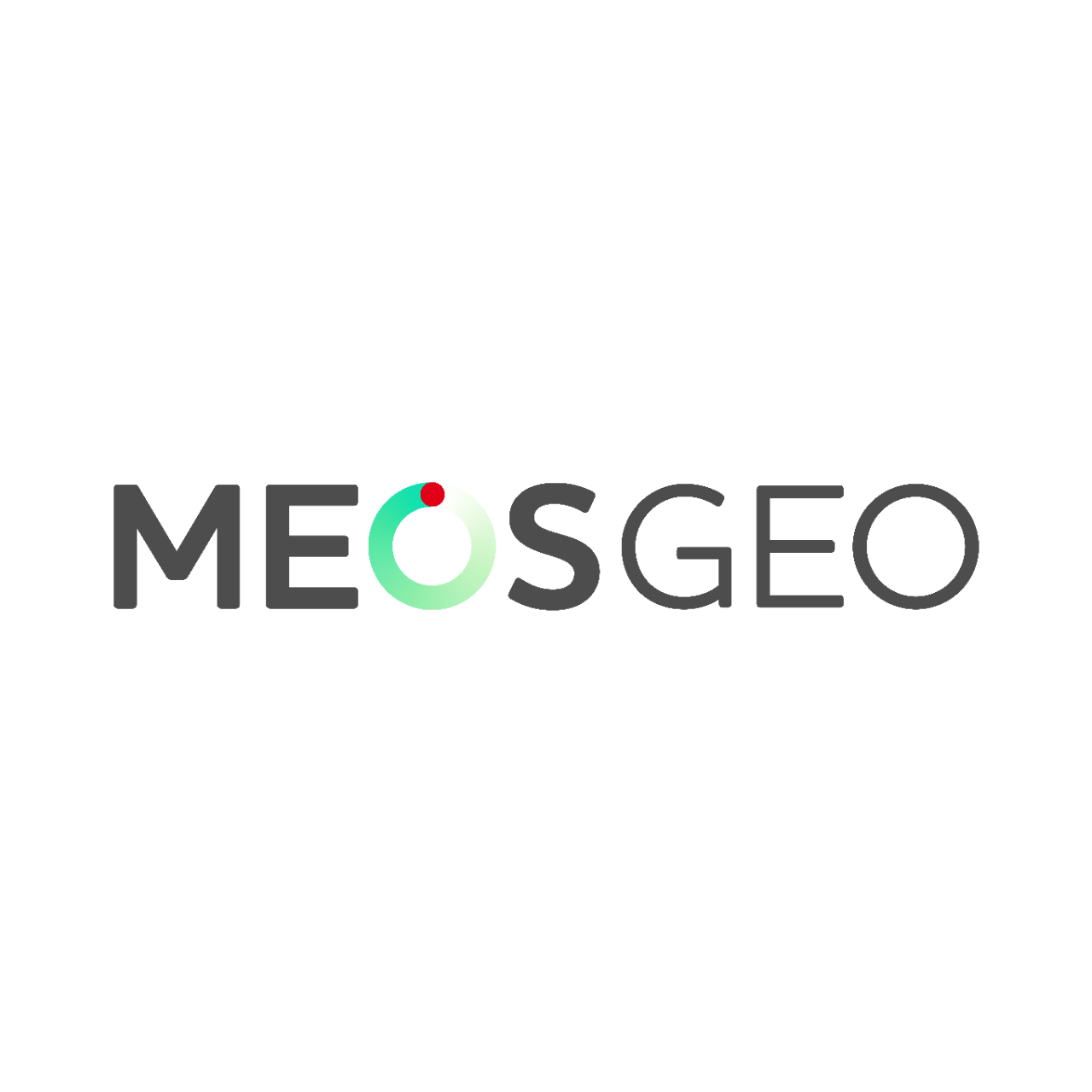Please note that abstract submissions should be formatted into four (4) specific paragraphs:
- Objectives/scope: Please list the objectives and/or scope of the proposed paper. (25-75 words)
- Methods, procedures, process: Briefly explain your overall approach, including your methods, procedures and process. (75-100 words)
- Results, observations, conclusions: Please describe the results, observations and conclusions of the proposed paper. (100-200 words)
- Novel/additive information: Please explain how this paper will present novel (new) or additive information to the existing body of literature that can be of benefit to and/or add to the state of knowledge in the petroleum industry. (25-75 words)
The following guidelines apply:
- DO NOT include title or author information in your abstract
- Word minimum: 225
- Word maximum: 450

